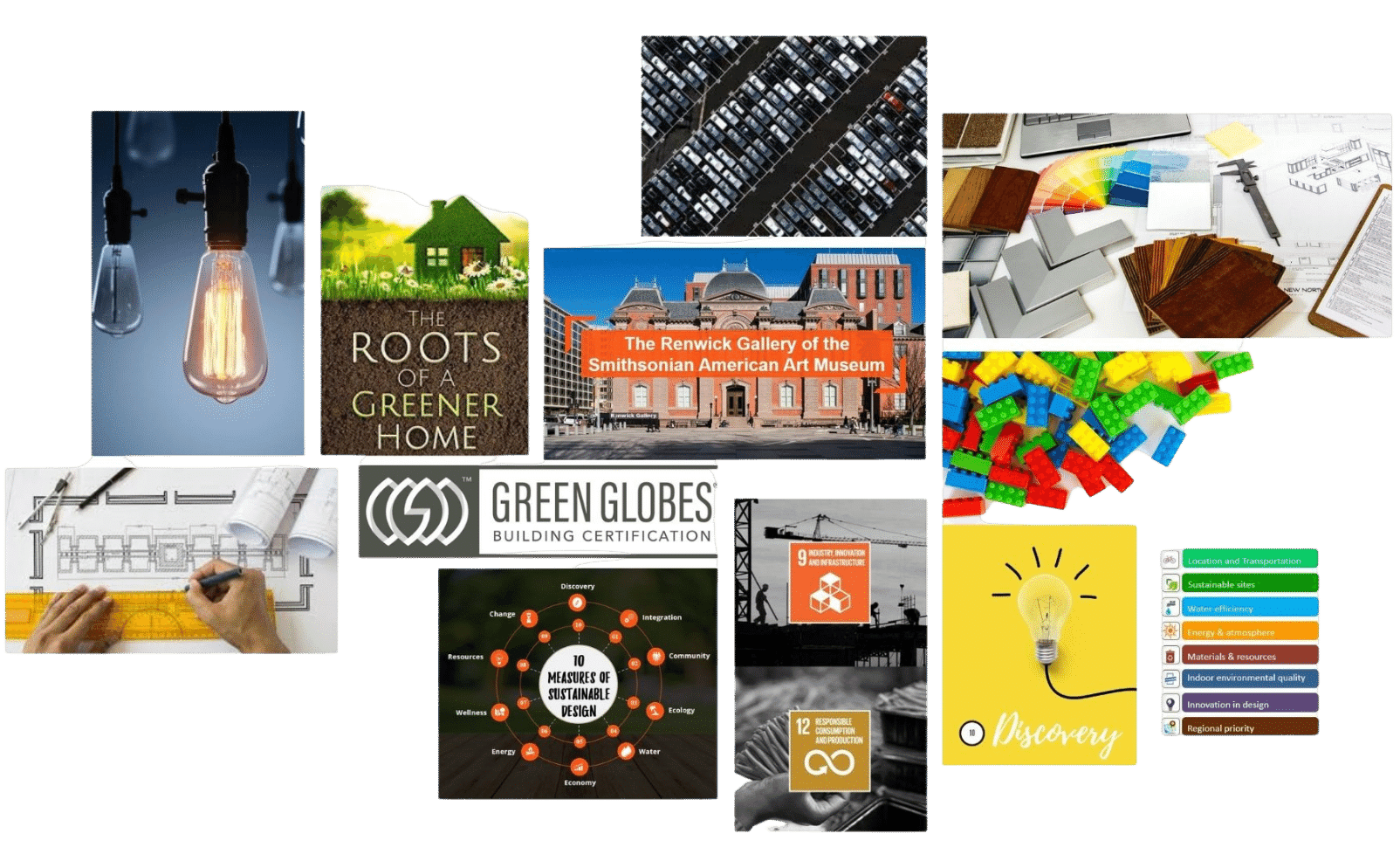As we gather around tables graced with the season’s harvest, Thanksgiving invites us into a space of deep reflection. It’s an occasion to relish the joy of feasts and festivities, while also contemplating the copious amounts of food we have. Importantly, it is a time to acknowledge the critical issue of food waste.
Despite the world’s capacity to produce enough food for everyone, the stark reality of hunger persists amidst this abundance. In the global landscape, approximately 2.3 billion people will grapple with food insecurity. This sobering reality is further exacerbated by the impacts of climate change, international conflicts, and the surge in food prices.
In the United States, a staggering quantity of food, amounting to billions of pounds, is wasted each year. This not only exacerbates environmental degradation but also highlights the stark disparity faced by many in accessing basic nourishment. It underscores the necessity for mindful consumption and prudent resource management.
At GBRI, we recognize the power we possess to make a meaningful difference. This Thanksgiving, let’s go beyond the traditional expressions of gratitude and embrace a commitment to change. This vision includes ensuring that everyone has not only access to healthy food but also to clean air and water—basic necessities that form the foundation of a thriving life.
Let’s extend our reflections beyond personal blessings to the broader global community!
As we come together in gratitude, let’s extend our reflections beyond personal blessings to the broader global community. In unity, we, at GBRI, strive to build a more equitable world—one where the abundance of food is cherished and the scourge of hunger is eradicated.
Celebrating Thanksgiving in an environmentally and socially conscious way can be rewarding and impactful. Here are seven suggestions that align with our focus on sustainability, food waste, social equity, and local economy:
1. Source Local and Organic Foods: Support local farmers and producers by buying organic, locally-sourced ingredients for your Thanksgiving meal. This reduces carbon footprint due to lower transportation distances and supports the local economy.
2. Choose Plant-Based Options: Consider incorporating more plant-based dishes into your Thanksgiving menu. Plant-based foods generally have a lower environmental impact compared to meat and dairy production.
3. Minimize Food Waste: Plan your meal portions carefully to minimize waste. Use leftovers creatively in the following days, and compost organic waste when possible.
4. Use Sustainable Dinnerware: Avoid single-use plastics and disposables. Opt for reusable or biodegradable dinnerware to reduce waste.
5. Support Social Equity: Purchase from businesses that are known for fair labor practices or those owned by underrepresented groups. This can include local artisans for decorations or small local grocers for ingredients.
6. Educate and Share: Use the gathering as an opportunity to educate family and friends about sustainability, climate change, and social equity. Sharing knowledge aligns with your passion for lifelong learning and making a difference.
7. Give Back: Incorporate a tradition of giving back. This could be donating to a local food bank, volunteering in community services, or supporting a cause that aligns with your values in sustainability and social entrepreneurship.
By incorporating these practices into your Thanksgiving celebration, you not only create a meaningful and environmentally conscious event but also set an example that can be emulated in various festivities around the world.
Whether it’s Christmas, Diwali, Hanukkah, Ramadan, or any other celebration, these principles of sustainability, minimizing waste, supporting local economies, and promoting social equity are universally applicable. Embracing these mindful practices in our festivities allows us to cherish our traditions while contributing positively to the world, demonstrating that joyous celebrations and responsible stewardship can go hand in hand.












